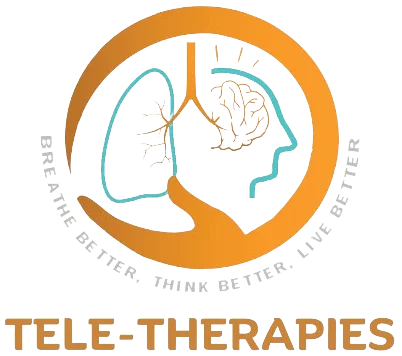Have you ever felt that weird sinking feeling in the pit of your stomach when you enter your workplace? Not because you did something wrong but because the aura of your workplace is usually a bit off, and you don’t know what it is?
Macro and microaggression have been around for decades; the worst part about them is that it often goes unnoticed. So what are micro and macro aggression? For starters, it’s usually thinly veiled hostile and offensive remarks, comments, and opinions suggesting racism, homophobia, sexism, etc.
Macro and Micro-Aggression – What’s the Difference?
Both micro and macro aggression involve derogatory and offensive remarks, but the difference lies within the party towards which such remarks are directed. Macro aggression is an act of racism towards everyone of a race, gender or group is directed towards whole classes of groups e.g. organization spreading hate crimes like blaming them for a catastrophe.
Whereas microaggression is directed towards an individual affiliated with a particular targeting commonly Black Asian Minority Ethnic (BAME) groups e.g. Appreciating someone’s English just because they’re not white. With that being said, these insults might be subtle, but the impact is relatively colossal. There seem to appear three forms of microas-sault, microinsult, and microinvalidation. When I looked up for alternative words for microaggression, I found this- insult, abuse, taunt, disrespect, discourtesy, slight, aspersion, derision, contempt and incivility. It not only demotivates employees and decreases their productivity but also adversely affects their mental health.
Impact of Macro and Micro Aggression on Mental Health
Micro and macro aggression are seeds for a toxic and unhappy work environment that only disrupts the everyday working pace and well-being of its employees.
As mentioned earlier, macro/micro aggression usually goes unnoticed, and it’s generally intended as a ‘joke’, making you feel invalidated because you’re just ‘too uptight’. This is usually the case for improving the constantly deteriorating mental health because you’re unaware if it’s even crumbling. Such hostile and toxic environments can cause employees to feel underappreciated with prolonged stress leading up to severe mental health concerns like increased depression, trauma, anxiety, self-doubt, frustration, alienation, isolation, etc. It further contributes to ingraining negative feelings of resentment and a constant feeling of being on edge throughout the day. Deteriorating mental health drastically impacts one’s productivity and motivation to work altogether. Tackling this problem is crucial for a productive and healthier work environment.
3 Great Ways to Respond to Microaggression.
1. Ask for Clarification
Retrieving more information and achieving a deeper insight into the aggressor’s actions will help initiate the conversation and have them reflect upon their remarks. This is a great way to help both parties understand and comprehend the situation thoroughly. Pretending you don’t understand their comment is the key to allowing the aggressor to discuss their actions and contemplate them.
2. Be Empathetic and Share Your Personal Experience
Sharing a similar experience of your own will help the aggressor feel related rather than attacked. This is an excellent approach to indirectly talking about the situation without alarming the aggressor to become defensive. Promoting empathy by asking how they’d feel in a similar case would encourage them to alter their thinking.
3. Acknowledge and Express Your Feelings
Ditching the ‘you’ approach and adopting the ‘I’ approach would also benefit a healthy conversation. Focus on how you felt rather than what they did to make you feel that way. A direct and open approach might not always work, so remember that they might not be receptive to what you’re trying to convey. Micro and macro aggression are not uncommon in an average workplace. If you have been subjected to something like that, reach out for support to safeguard your mental well-being and peace of mind. Feeling invisible, underappreciated, and demotivated to work is the last thing you want to feel.






